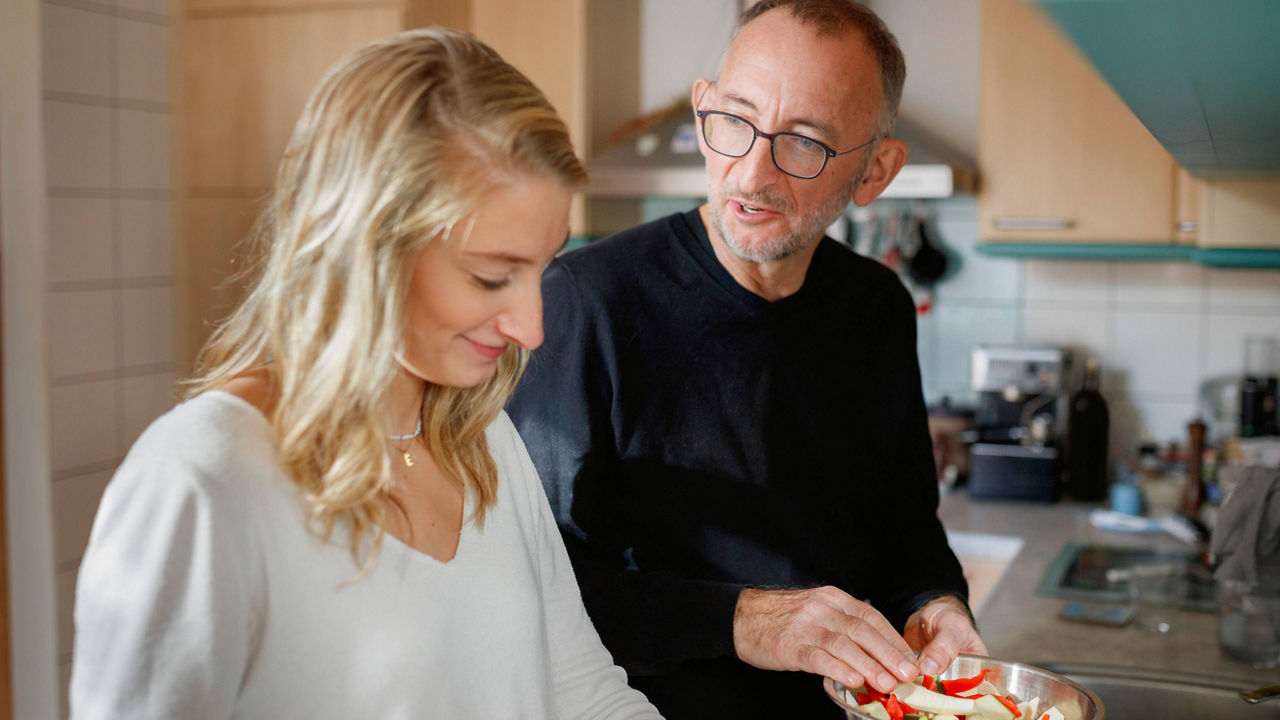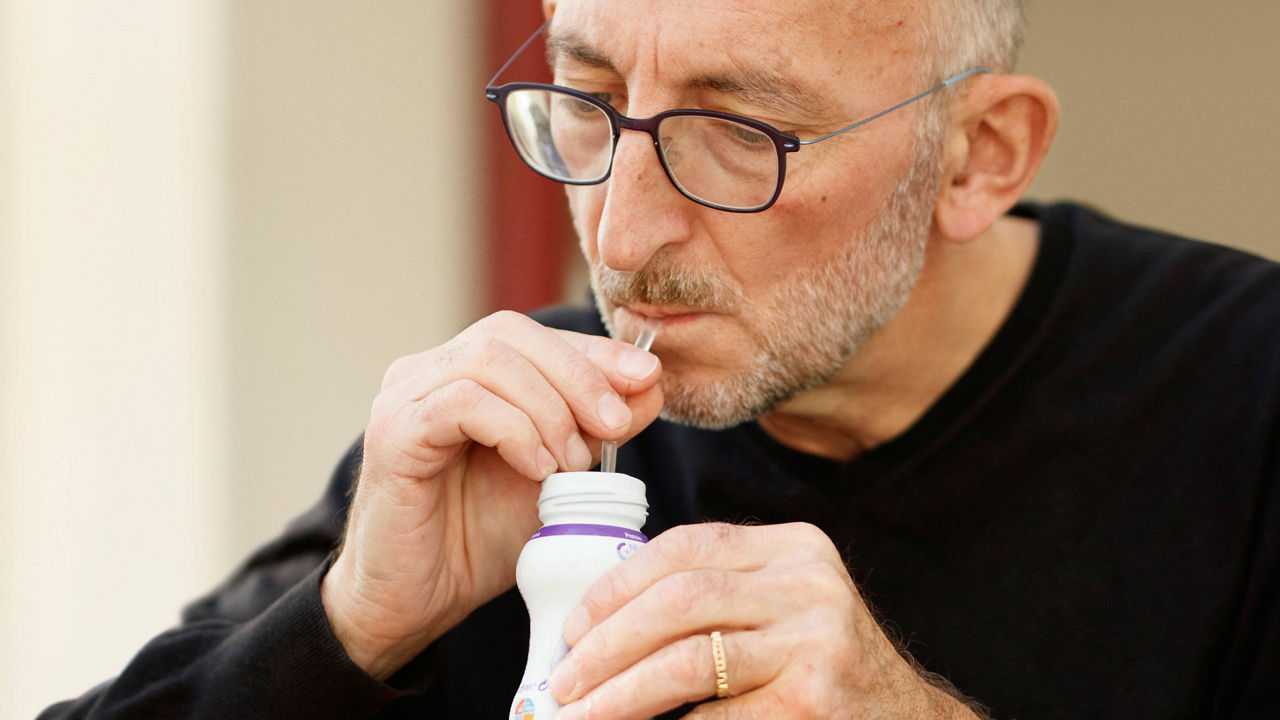When and why does cancer cause appetite loss?
There are lots of reasons why people with cancer lose their appetite. Before cancer has been diagnosed, unexplained loss of appetite can be an early sign that something is wrong7. This is because the tumor itself can cause the body to produce chemicals that suppress appetite7,8. After diagnosis, the side effects of treatment – such as taste changes, mouth ulcers, nausea and vomiting – can reduce appetite3. A cancer diagnosis may also be accompanied by pain, fatigue, anxiety, and depression, all of which can reduce your motivation and desire to eat3.
Why does loss of appetite in cancer matter?
Appetite loss matters, because it stops your body from getting all the energy, protein and other nutrients it needs – just when you need to be at your strongest to fight cancer. It can also cause you to lose weight without meaning to (known as unintentional weight loss). Even if you are eating a normal amount of food, your body might not be using the nutrients in your food properly or it may be burning energy faster than usual, increasing your nutritional needs.







